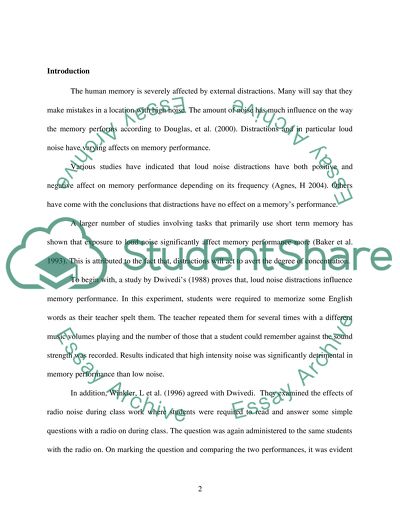Cite this document
(Whether an External Stimulus Can Decrease an Individuals Memory Coursework, n.d.)
Whether an External Stimulus Can Decrease an Individuals Memory Coursework. Retrieved from https://studentshare.org/psychology/1543016-psychological-research-report
Whether an External Stimulus Can Decrease an Individuals Memory Coursework. Retrieved from https://studentshare.org/psychology/1543016-psychological-research-report
(Whether an External Stimulus Can Decrease an Individuals Memory Coursework)
Whether an External Stimulus Can Decrease an Individuals Memory Coursework. https://studentshare.org/psychology/1543016-psychological-research-report.
Whether an External Stimulus Can Decrease an Individuals Memory Coursework. https://studentshare.org/psychology/1543016-psychological-research-report.
“Whether an External Stimulus Can Decrease an Individuals Memory Coursework”, n.d. https://studentshare.org/psychology/1543016-psychological-research-report.


